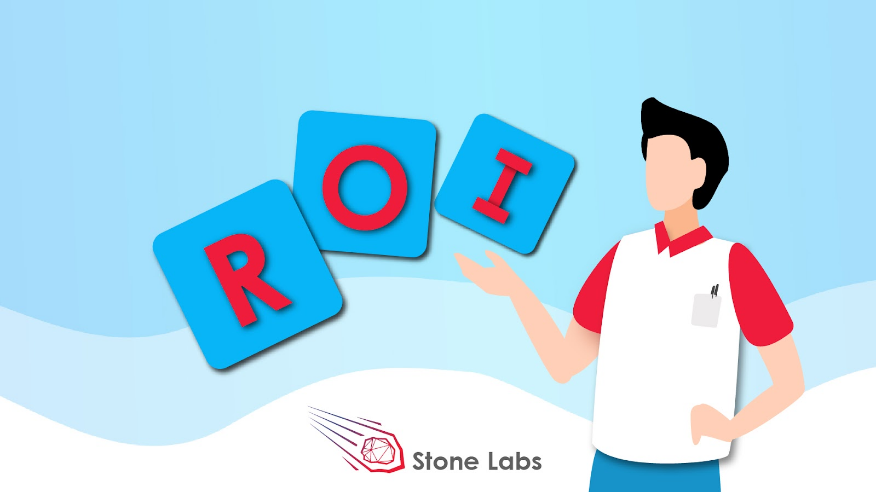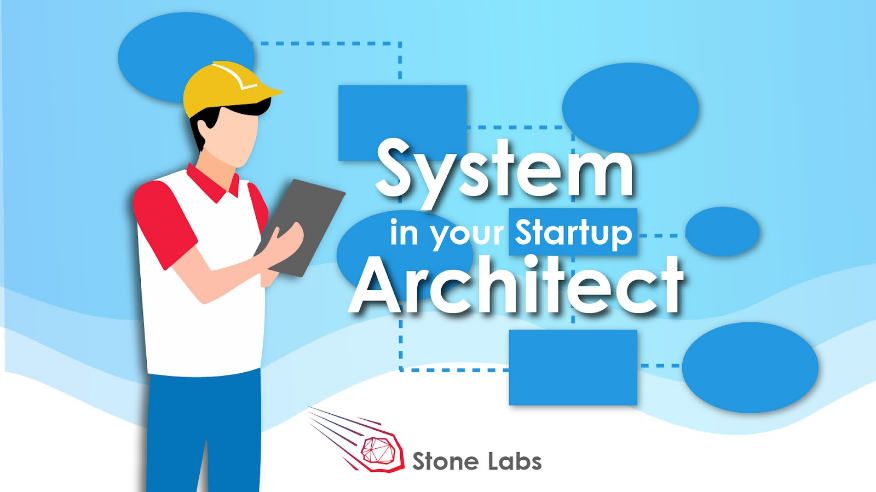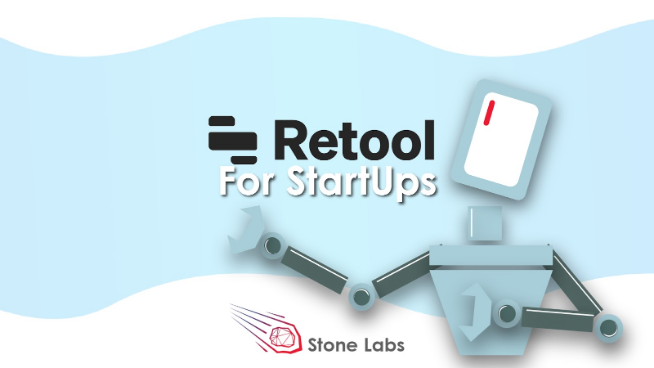Are you an ambitious startup entrepreneur looking for ways to skyrocket your ROI? Look no further! At Stone Labs, a leading custom software product development company, we understand the challenges startups face in their pursuit of success. That’s why we are here to share a game-changing strategy that can help you maximize your ROI: Outsourcing!
Outsourcing has become an indispensable tool for businesses striving to stay competitive in the modern marketplace. By leveraging the expertise of external teams, startups can streamline operations, reduce costs, and accelerate growth like never before.
Here’s how outsourcing with Stone Labs can supercharge your startup’s ROI:
1️) Access to Top Talent
Our extensive network of highly skilled professionals, developers, and designers enables us to assemble dedicated teams tailored to your project requirements. With their vast experience, these experts will enrich your startup with innovative solutions, helping you achieve your business objectives faster.
2️) Cost Efficiency
As a startup, managing costs is crucial. Outsourcing software development allows you to tap into resources and talent without incurring the significant overhead costs associated with hiring and maintaining an in-house team. This cost-effective approach ensures you get the most out of your investment, enabling you to allocate funds to other critical areas of your business.
3️) Accelerated Time-to-Market
In today’s fast-paced world, being the first to market can make all the difference. With Stone Labs as your trusted outsourcing partner, you can experience rapid development cycles. Our agile methodologies and efficient collaboration ensure faster product delivery, giving you a competitive edge and boosting your chances of success.
4️) Mitigating Risk
Launching a startup involves inherent risks. However, outsourcing minimizes these risks by allowing you to share the burden with a trusted partner. By partnering with Stone Labs, you gain access to our expertise, industry best practices, and risk mitigation strategies, reducing the likelihood of costly mistakes.
5️) Scalability and Flexibility
Startups are dynamic entities that require the ability to scale up or down quickly based on market demands. Outsourcing provides the flexibility to adapt to changing circumstances efficiently. With Stone Labs, you can easily expand your team or adjust resources, ensuring your startup remains agile and responsive to market fluctuations.
6️) Focus on Core Competencies
As an entrepreneur, your core focus should be on developing your unique value proposition, not juggling multiple tasks. By outsourcing software development to Stone Labs, you free up valuable time and resources, allowing you to concentrate on your startup’s core competencies and strategic vision.
At Stone Labs, we have a proven track record of empowering startups to achieve remarkable results through outsourcing. We bring exceptional technical expertise, a customer-centric approach, and an unwavering commitment to your success.




